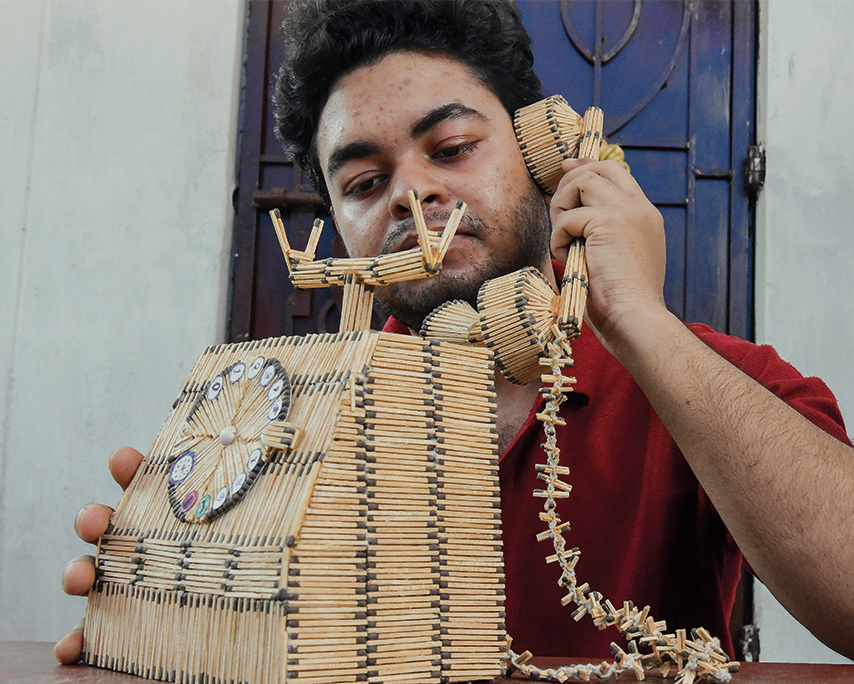World Telecommunication and Information Society Day
Africa’s digital divide isn’t about access but about power
Africa does not have an internet problem but a usability problem. For years, we have been told the digital divide in Africa is about infrastructure. The storyline was that once people had smartphones and mobile coverage, they would leap into the digital future. The towers are up. The phones are in hand. But the screens? They are dark.
Across the continent, millions of Africans have access to the internt but they are not online. Not really. They have devices, live in coverage zones, and are still disconnected. Why? Because having the tools does not mean you have the power to use them.
Behind the stats is a different reality, where having a phone does not mean going online, let alone participating meaningfully. Data is expensive. Devices are often old, limited, or shared. People ration their megabytes like drinking water. For many, watching a YouTube tutorial or downloading a PDF could cost half a day’s income. Is that really access?
The digital divide is more an economic divide than just a digital one. The cost of 1GB of data in some African countries can be 5 to 10 times more expensive relative to income than in Europe or Asia. Telling someone in a rural town to go online and “learn digital skills” is laughable if their budget can barely afford texting.
This is why free basics or social media bundles are often all people use since they are affordable but not empowering. The problem is that if the only internet people can afford is a curated sliver controlled by a corporation, we are not closing the digital divide but building a shallow pool.
Digital skills and literacy are also missing. Many first-time users do not know how to search for trusted information, protect their privacy, or create digital content. Add to that interfaces in foreign languages and content irrelevant to their lives. It is no wonder people stay offline.
This is not just about tools but about confidence. It is about people asking: “What do I even do with this internet?”
Even when people can afford to go online, what do they find? Mostly global content in English or French, often written for a Western audience. The African internet remains a foreign land to too many Africans. Where is the local content? The indigenous languages? The farmer-to-farmer videos? The mother-tongue explainers? Until online spaces reflect people’s lived realities, the internet will continue to feel like someone else’s story.
It is time to rethink the digital divide. The digital divide is not about who owns a smartphone. It is about who can use it to learn, earn, express, and participate. It is not about being able to scroll but about being able to build, question, and contribute. That means we must stop celebrating coverage maps and start demanding affordable data, inclusive design, local content creation, and digital education at every level.
Governments must regulate fair data pricing, and African organisations and individuals must support digital literacy, not just device distribution. Tech companies must localise tools, build in African languages, and engage African communities beyond the usual capitals.
As the world marks World Telecommunication and Information Society Day, we must understand that a phone alone is not power. The next phase of Africa’s digital journey is about giving people a reason and a way to be online. The real work ahead is about turning these tools into agency, access into voice, and connection into community.



